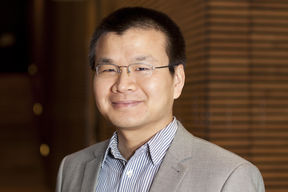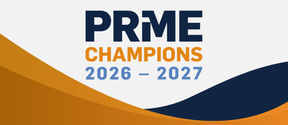Professor Zhipei Sun elected as a Fellow Member of The Optical Society

Professor Zhipei Sun from the Aalto University School of Electrical Engineering has been elected as as a Fellow Member of The Optical Society (OSA). Professor Sun is honoured specifically for pioneering contributions to photonic and optoelectronic applications with low-dimensional materials.
Fellow membership in OSA is limited to no more than ten percent of the membership and is reserved for members who have served with distinction in the advancement of optics and photonics in education, research, engineering and business.
Zhipei Sun is associate professor and research group leader at the Department of Electronics and Nanoengineering. His research is focused on various photonic applications with two-dimensional layered materials, and in a current project supported by EU quantum flagship, his aim is to generate single-photon sources for quantum communication and computing.
Prof. Sun is also actively involved in the Academy of Finland's Photonics Research and Innovation platform (PREIN) and the national Centre of Excellence – Quantum Technology Finland (QTF).
OSA Board of Directors elected altogether 118 members from 24 countries to the Society’s 2021 Fellow Class. Founded in 1916, OSA is the leading professional association in optics and photonics, home to accomplished science, engineering, and business leaders from all over the world.
Press release on OSA's website.
More information
Read more news

The School of Business renews its status as a Champion member of the global PRME network for sustainability education for 2026–2027
Only two other Nordic universities were awarded Champion-level membership
Unite! Seed Fund 2026: Open for applications
The 2026 Unite! Seed Fund call is officially open, offering funding across three strategic lines: Student Activities, Teaching and Learning, and Research and PhD. Deadline for applications is 20 March 2026.
Apply now: Unite! Seed Fund 2026 - Student Call
The Unite! Seed Fund call for 2026 is now open for students. Apply now for up to €20,000 per project, involving at least two Unite! Universities. Deadline for applications is 20 March 2026.






